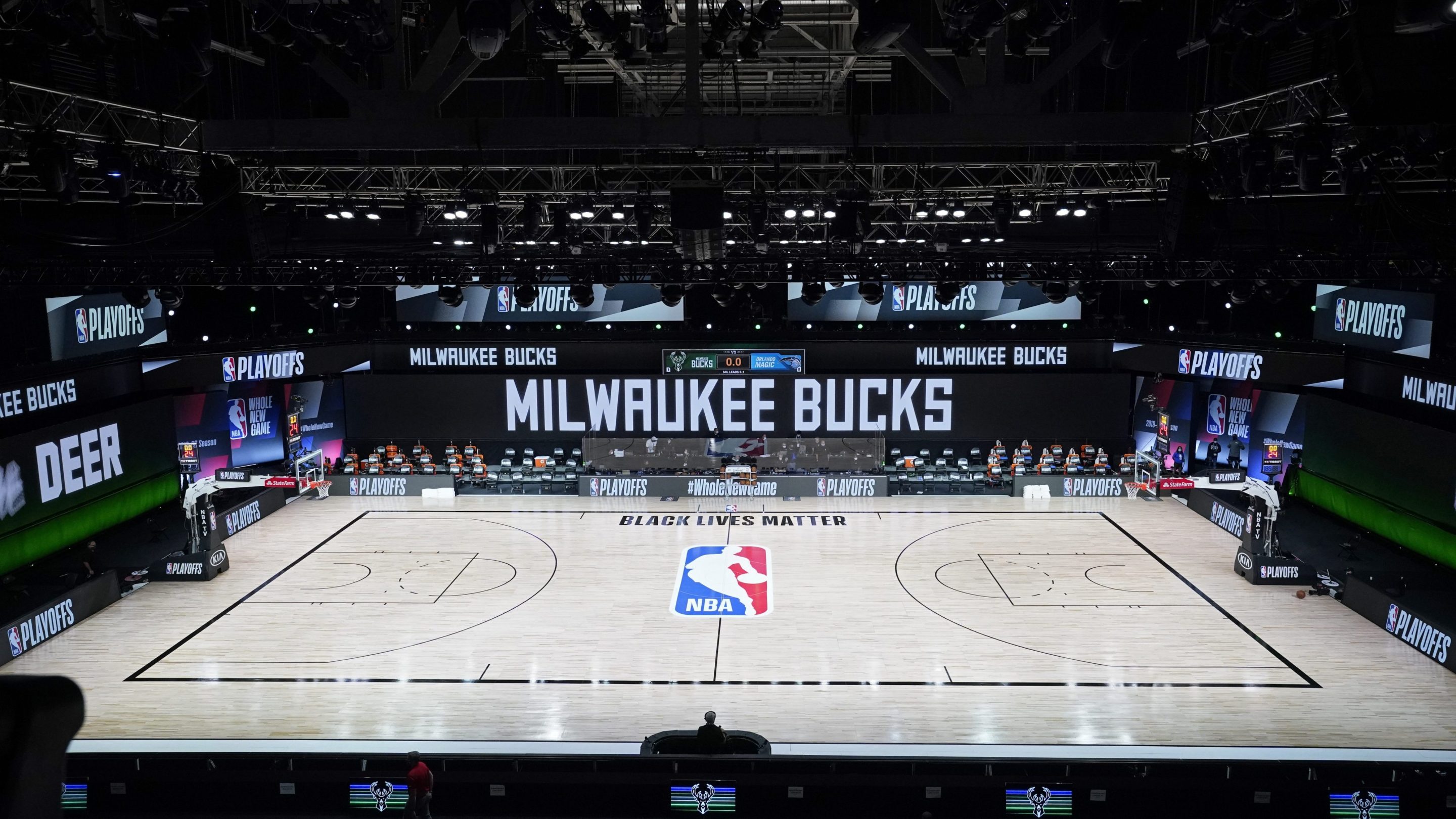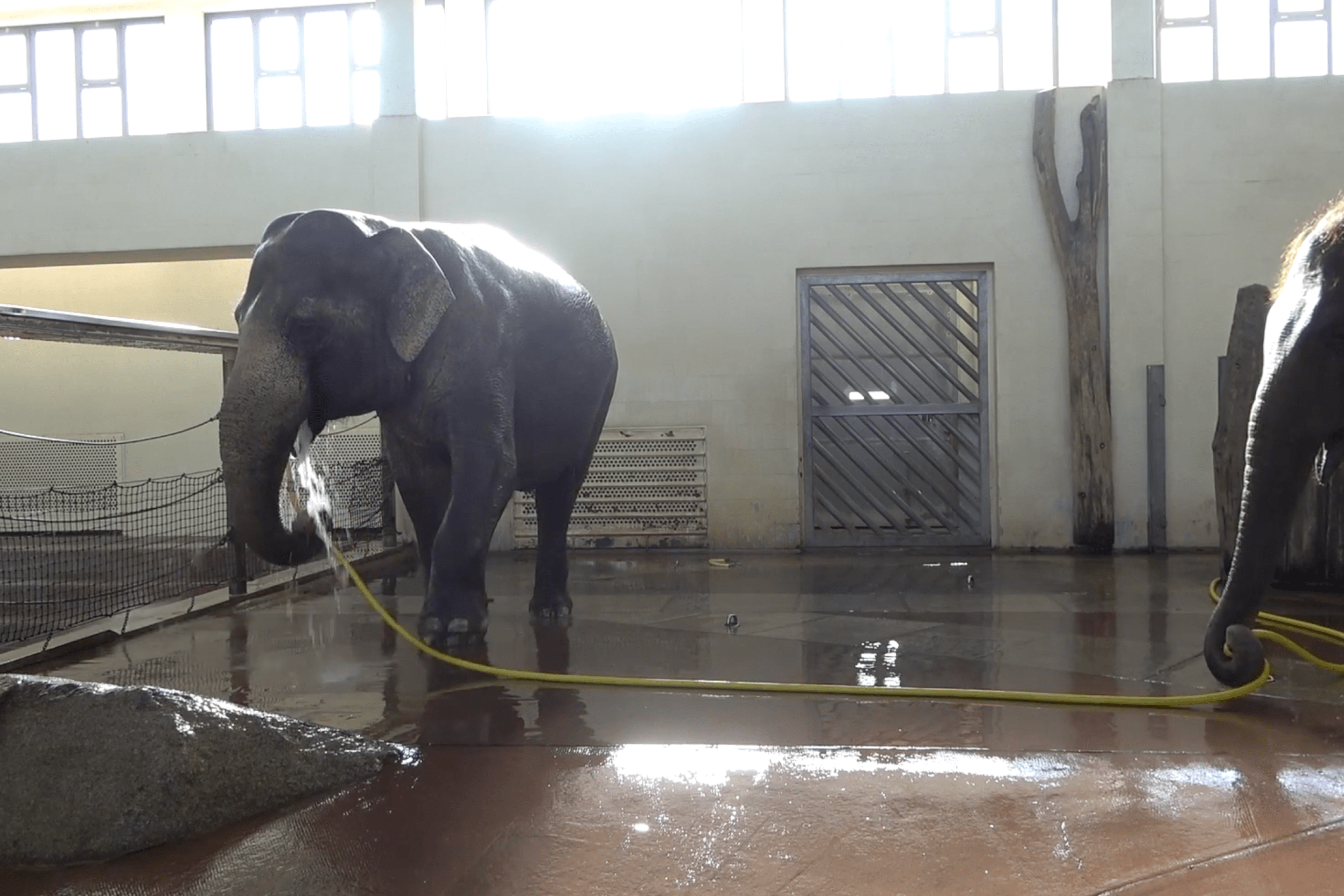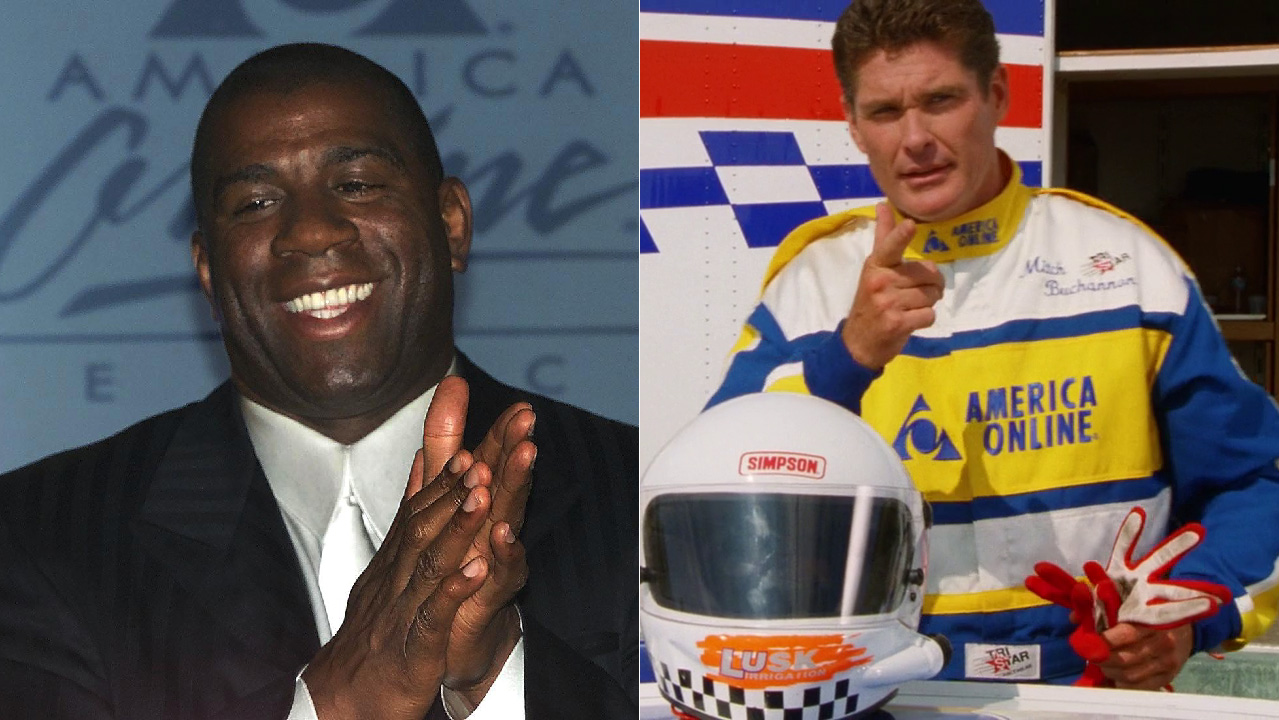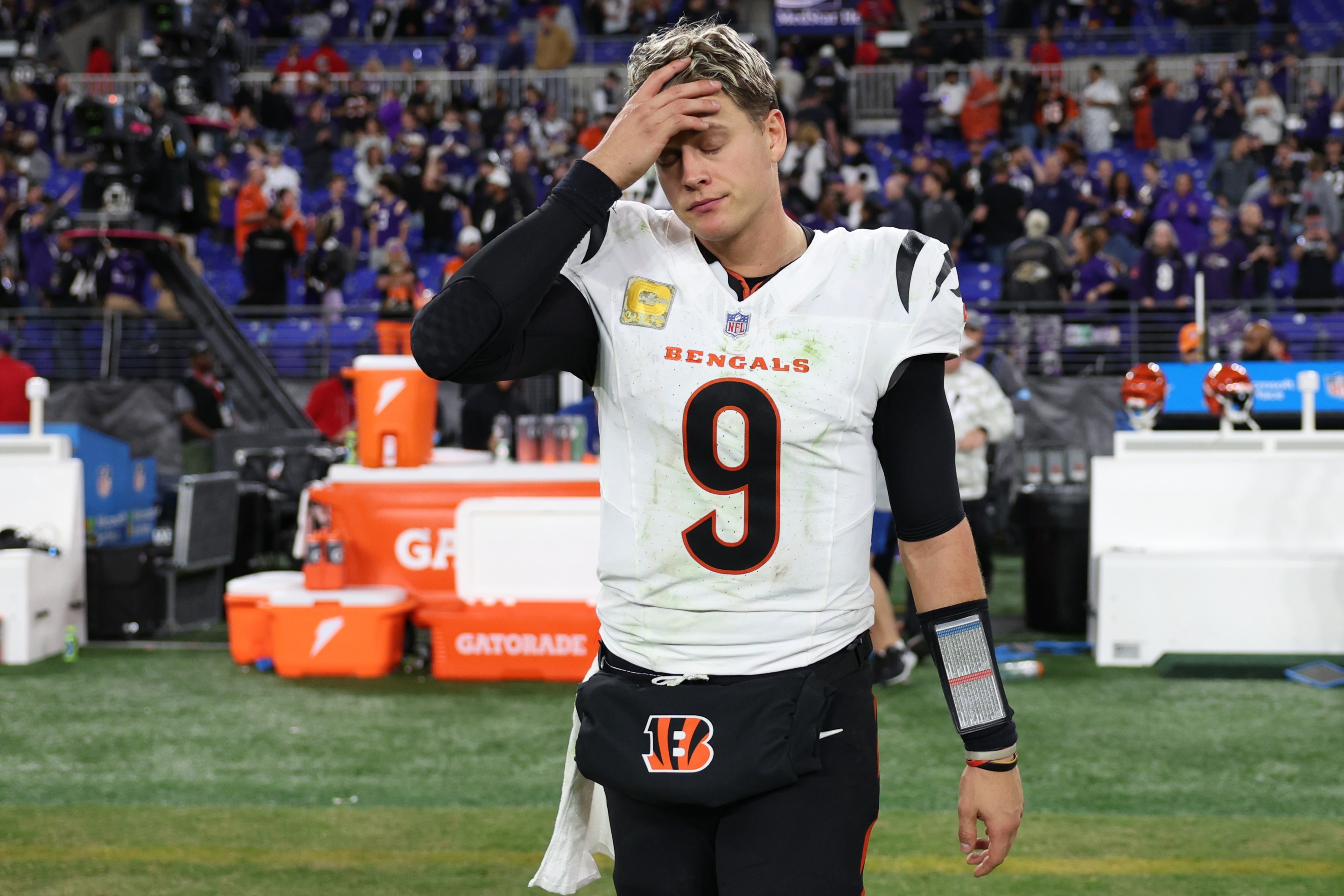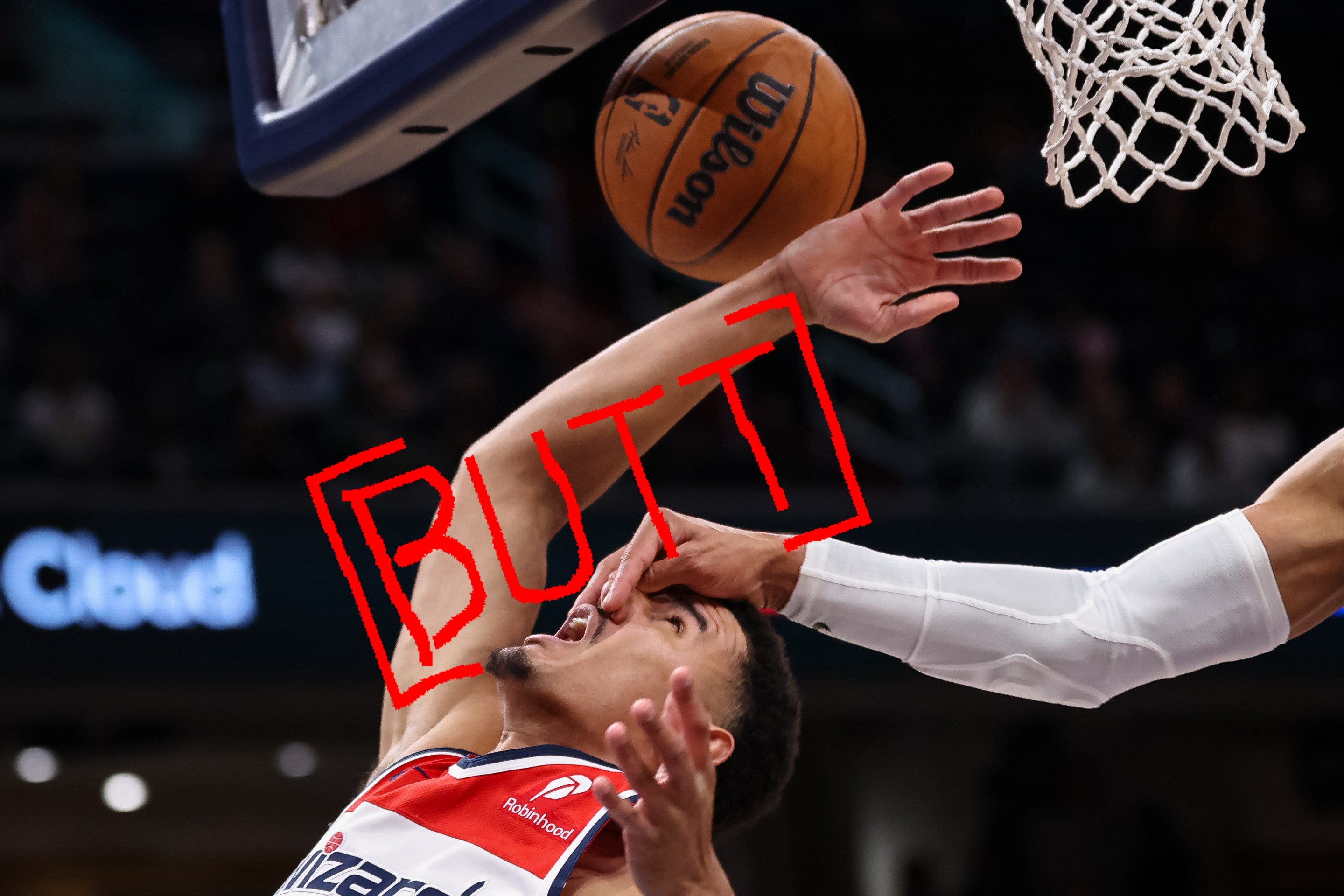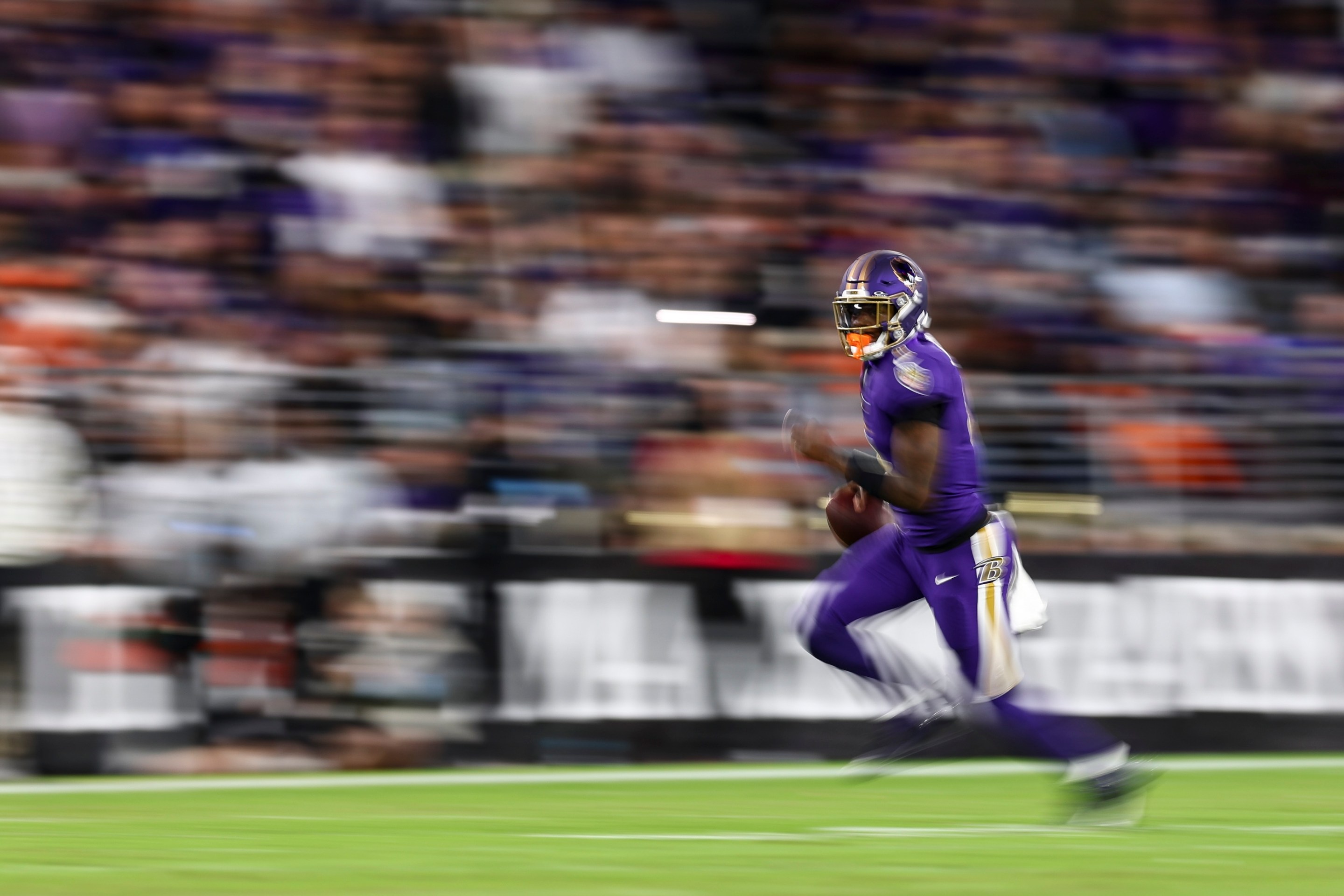By now you've seen that on the night of August 26, the Milwaukee Bucks declined to come out of their locker room for the scheduled Game 5 of their first-round playoff series against the Orlando Magic, in reaction to the police shooting of Jacob Blake in Kenosha, Wisconsin, and to the subsequent murder of two anti-police-brutality protesters by a right-wing terrorist whom police allowed to leave the scene. Within hours, the night's two other scheduled NBA games had been postponed (whether by those teams' players joining the Bucks' refusal to play or by the league office's cynical choice to co-opt an expanding labor action into what could be presented as an owner-approved expression of the institutional league's racial progressivism), and scheduled WNBA and MLB games had been shut down as well.
Strictly speaking, this was a wildcat strike: A labor stoppage, by workers, without the prior authorization of union leadership (and in violation of the no-strike clause written into the Players' Association's collective bargaining agreement). Identifying it as such became one of the night's causes for lefty and/or accuracy-minded journalists on social media, after commentators and press outlets initially and inaccurately settled on "boycott" as their descriptor. But the bigger and more dismal debate concerned strategy: What are their practical demands? Are they really blinkered enough to think they can end police brutality by skipping a couple nights' worth of basketball games? Couldn't they accomplish more by playing their games and using their platform to speak out against injustice? If they go back to work without having won any concrete victories for the causes of policing reform, won't that mean this was just empty catharsis for a bunch of rich guys?
It wasn't only righty shitposters or Trump-adjacent ghouls taking up this line of critique, a form of which—Okay, but in what way does this achieve the goal of ending racism forever?—attends every instance of (predominantly) Black Americans responding in basically any way to racialized violence in this country. The focus on the word "strike" by online lefties (including me) may even have fed into it, superimposing a rubric of coordinated union action onto what subsequent reporting has revealed to have been, at least at first, a protean response by hurt and angry workers. A strike, goes the thinking, is only as effective as its results, so naturally the sensible, wised-up pose toward this one—particularly in 2020, when there are only bad results—would be skepticism until it made sense to you how NBA players taking the night off would somehow miraculously produce the dissolution of the Kenosha police department.
The thing easily missed in all of this is the possibility that the strike itself is its own sufficient redeeming outcome. Let's imagine a hypothetical version of events. Wednesday afternoon, some small number of Bucks players arrive at the locker room upset and understandably distracted by the events in Kenosha, and feeling deeply conflicted about, if not outright hostile to, the idea of playing a game on TV that night while Kenosha protesters face violence and possible death in the streets. If only that small number of players sit out in protest, the game will proceed without them, in no way serving their concern about their labor functioning as a distraction from larger, more urgent issues with grave direct implications for their community, and they'll have to endure the additional duress of withholding themselves from their team's collective effort to win a game—of possibly feeling that they've abandoned their teammates. By joining them in a collective, team-wide refusal to play, their teammates can lift that burden from them: Everybody misses the same number of games; nobody is faced with the possibility that their labor is obscuring an issue close to the heart of a valued colleague, or with the possibility that their principled refusal to work is making a coworker shoulder a greater burden. If the owner chooses to fine anybody for refusing to play, he will have to fine everybody. Nobody has to bear, alone, the mix of pressures that would force a Black professional athlete to choose between honoring their human response to racist brutality and showing up to work.
By refusing, as they did, to accept the Bucks' forfeit of the game, the Orlando Magic could ensure that the Bucks wouldn't bear an unequal burden for having made the choice to look after their teammates who felt they couldn't—either in practical I'm-too-fucked-up-to-play terms or in moral or conscientious ones—participate in that night's game. Once they'd learned of the Bucks' choice, the night's other scheduled teams (the Houston Rockets, Oklahoma City Thunder, Los Angeles Lakers, and Portland Trail Blazers) could blunt any potential league or ownership reprisal against those teams—as well as honor anybody in their own locker rooms who opposed playing or simply felt overwhelmed by events—by presenting a unified front. And here we are: It's Friday, Aug. 28, and not only have no players or teams (yet) faced formal discipline for refusing to play Wednesday night's games, but the league and its owners have largely bent themselves over backward in public performance of eager, enthusiastic support for the players' choice not to play.
A labor action such as this will always invite hand-wringing over the strategic value of the act from those who did not participate in it, and this case was no different. Everything that happened after the Bucks read their statement and left the arena was a meaningful degree removed from the initial decision not to play. The inevitable reactions came, the fraught meetings in which players and union officials clashed occurred, and eventually a plan for restarting the NBA season while attaching some concrete goals and strategic framework to the strike began to take shape. In the days and weeks to come, plenty of people will look to whether or not those goals are accomplished as evidence, in either direction, that what the Bucks did was a waste of time or actually meant something. That will be the wrong question to ask.
What the Bucks showed was solidarity and mutual care in action, even if it never accomplishes anything else. Workers enacted, powerfully and in public, the principle that what affects one of them affects all of them equally. They couldn't use their labor power to bring a permanent end to systemic racism, but they could use it to shield each other from some of the trauma and impossible choices systemic racism forces upon them. They could take care of each other; and they did.
What striking NBA players demanded on Wednesday night was that workers who—whether for emotional reasons or out of principled opposition to allowing their work to take public attention away from racist violence in the streets—didn't want to work, on a night when their and the league's contracts and collective bargaining agreements demanded it, wouldn't have to. Even if that's all they get, they got it. Judge a strike by its results, and call this one a success.
This blog was originally published in a newsletter on August 28.
